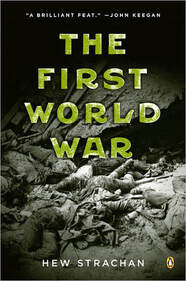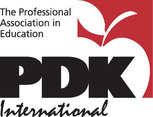
I found it interesting to note, as Strachan explains, that a war's legacy comes long after the war is over. WW2, he says, is defined by the "greatest generation" and a noble, existential purpose, but at the time, no nation defied Adolf Hitler in defense of the Jews. The same is true of WWI.
The war began because of "the assassination of the Austro-Hungarian heir apparent, Franz Ferdinand. The lesson "a cautionary tale against elevating a violent crime into an international incident..."
The war ended in the creation of "a raft of newly independent states in central and eastern Europe, from Poland to Hungary, from Lithuania to Ukraine".
And the war war was fought differently from the way historians in the past have depicted it. Strachan describes it as "homogenised: it is trench warfare, it is shaped by artillery and machine gun fire, it is wet and muddy..."
The author also mentions the readily available primary documents existing today, in the age of technology and internet. In his mind's eye, Strachan sees someone finding old letters in his great grandparents' attic, scanning it, and posting it on the internet for everyone to see. That alone makes a great difference in the reputation of WWI now versus the way it was viewed 50 years ago.






































